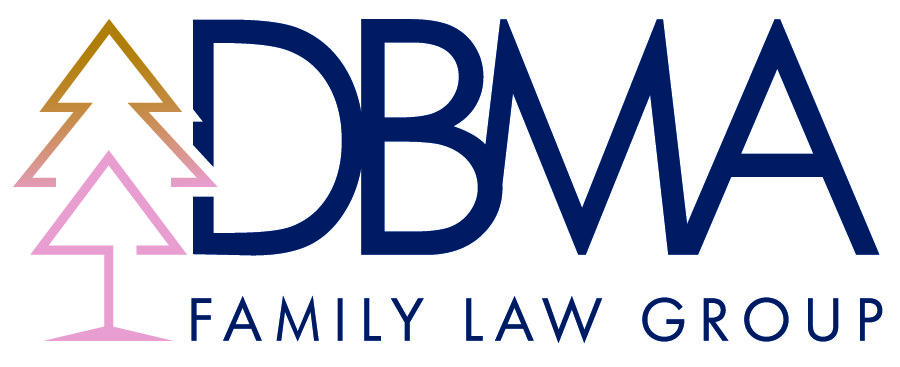Litigation vs. Mediation in Family Law: What's the Difference?
Did you know that not all legal cases go to court?
It’s a common misconception among the general public that most divorce, custody, support, and other family law cases will eventually be decided by a judge in a courtroom. And, since the general public’s only experience with legal proceedings is watching legal television — like the recent resurgence of the hit legal drama, Suits — this misconception is to be expected. The reality is that the overwhelming majority of cases are settled out of court through dispute resolution processes like mediation.
When we get a new case in our firm, it’s our job to educate our clients about the path that will lead to the best outcome for their case, which may or may not be traditional litigation.
So, what are the differences between mediation and litigation, and how is it determined when your case will be resolved using one or the other? Let’s look at each in the context of family law.
Mediation in family law
Mediation is a confidential process led by a neutral third party that encourages two parties to resolve a dispute via facilitated discussion. The goal of mediation is to resolve a dispute without taking it to court, which often requires significant time and monetary investment by the parties involved. The parties ultimately make their own decisions.
Mediation can be used to settle an array of family law disputes, and in Oregon, it’s required that parties attempt to resolve their dispute through mediation before going to court when children are involved. In some counties, it’s required that the parties participate in mediation or another alternative dispute resolution process before it’s brought to court for traditional litigation, regardless of whether there are children involved.
While mediation is often a step in resolving a divorce case after it has been filed with a court, couples can also hire a mediator on their own prior to filing. If an agreement is reached, it is settled as an uncontested divorce, and agreed-upon paperwork can be filed.
Although the goal of mediation is to settle a case without taking it to court, not all parties are able to reach an agreement through mediation for various reasons. So, some mediated cases do end up being resolved through litigation in the end.
Litigation in family law
Litigation is the formal term for a legal case appearing in court before a judge, typically making the process much longer and more complex than mediation.
Traditional litigation typically begins when a petition is filed with the court — like a petition for dissolution of marriage (divorce) in a family law context. Once a Petition is filed, the opposing party is then served with the filings so that they are put on notice as to the details of what the petitioner is requesting, and given a deadline to file a formal Response.
Since mediation or another form of dispute resolution is often required in Oregon before a case can be resolved through litigation, most family law cases will move into a mediation process, where the parties, with or without attorneys, attempt to resolve the case on their own. If any portion of the dispute is not resolved, the case may proceed to trial, where a judge or arbitrator (in some cases) will hear the evidence and render a decision.
At any time during the litigation process, the parties can choose to settle their divorce, custody, support, or other family law dispute, which may result in a quicker resolution and lower costs, depending on the complexity and timeline of the case.
How do I know how my case should be handled?
Every legal case is unique, especially when it comes to family law, so there is no exact formula to follow to determine how a specific case should be handled. But, unless you live in an Oregon county where alternative dispute resolution is not required before litigation and you cannot reach an agreement on your own, your case will probably attend mediation before your case is heard by a judge or an arbitrator.
Navigating the legal process for your divorce, support proceeding, or child custody arrangements can feel daunting, but having an attorney who is your trusted advocate can make the process go much smoother and ensure you’re getting the fairest outcome for your unique situation.
—
Have more questions about how your specific case can and should be handled? Reach out to the team at DBMA Family Law Group, and let our experienced and compassionate attorneys support your case, whatever it may be.

